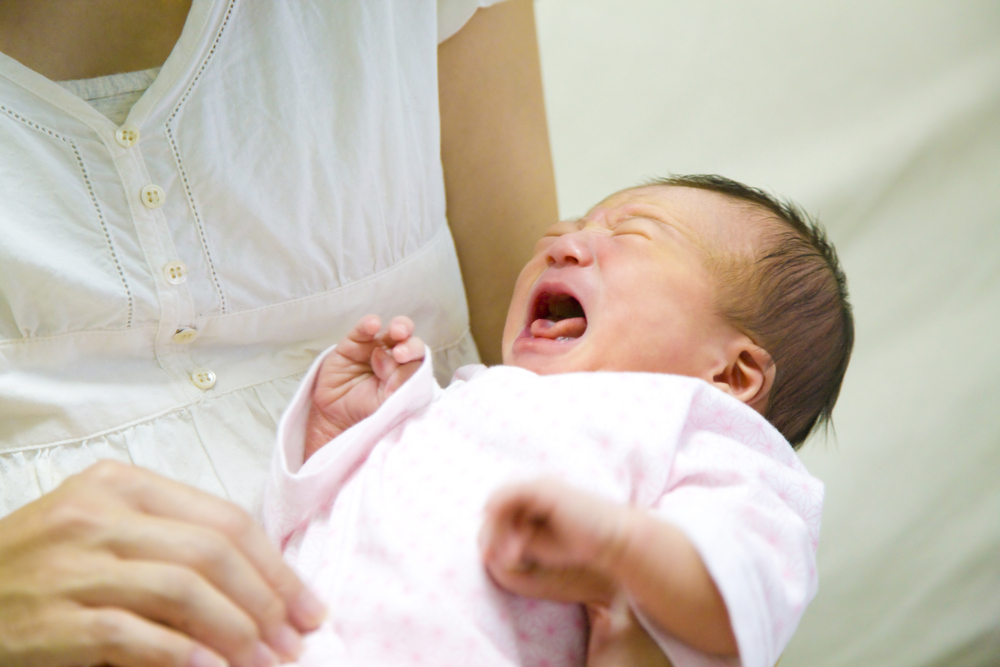Dehydration can happen to kids of all ages. What are the signs of dehydration in a child, and how can parents treat and prevent it? Find out here.

Dehydration, an Overview
Dehydration happens when our body loses more fluid than it’s taking in. It often results from another condition, commonly one that involves diarrhea or vomiting.
However, it can also occur when we have insufficient fluid intake during hot weather or after lots of physical activity.
One big concern is that decreased fluid intake could also take place during an illness. And when that illness involves fever, diarrhea, vomiting, or a condition that makes it difficult for the child to swallow, the risk of dehydration increases, and its complications could be more dangerous.
Please note that babies and infants who have greater fluid requirements due to their increased metabolic rate and higher evaporative losses are more vulnerable to the ill effects of dehydration.
What are the Signs of Dehydration in a Child?
The signs of dehydration in a child could be mild to moderate or severe. Please refer to the guide below:
Signs of Mild Dehydration in Children
- Thirst
- Less activity; when dehydrated, kids tend to play less than usual.
- Dry skin, lips, mouth, tongue, and throat.
- Infrequent urination or dark yellow urine. For infants, they’ll have fewer than 6 diapers in 24 hours.
- Lack of tears when crying.
- Loose, watery stool if they have a diarrheal disease. On the other hand, they may have decreased bowel movement if dehydration occurred due to vomiting or low fluid intake.
- Dizziness or light-headedness
- Headaches
- For babies, sunken fontanel (the soft spot at the top of their head)

Signs of Severe Dehydration in Children
- Extreme thirst
- Excessive sleepiness or lethargy, evident weakness
- Sunken eyes
- Pale and cool hands and feet
- Wrinkled skin, which denotes decreased skin elasticity
- Urinates only once or twice in 24 hours
- Increased breathing rate
- Increased heart rate and weak, thready pulse
Seeking Medical Help
When you observe the severe signs of dehydration in a child, it’s crucial to bring them to the hospital to replace right away the lost fluids. Similarly, seek immediate medical attention if your child:
- Has green-colored vomit, or it has blood.
- Experiences severe abdominal pain
- Looks really unwell
Likewise, call their pediatrician if your child:
- Is severely vomiting and cannot keep food or fluid down.
- Has severe diarrhea
- Is younger than 6 months old and shows any sign of dehydration
Caring For Your Mildly Dehydrated Child
In most cases, you can manage dehydration signs in children at home by giving them more fluids.
A best option would be to give them Oral Rehydration Solution (ORS) over 3 to 4 hours. Many ORS are sold over the counter; follow the package instructions or, better yet, contact a doctor for more precise directions.
In rehydrating your child at home, remember the following:
- Besides water and ORS, you can also give them their milk, soups or diluted fruit juice.
- Avoid giving them sugary drinks as they could make the signs of dehydration in a child worse.
- Please don’t give them chicken broth, tea, or gelatin desserts alone. These foods don’t have the right amounts of sugars. Additionally, they can worsen your child’s diarrhea.
- Try to get them to drink a cup of water every hour for four hours; however, give more if they have diarrhea.
- If they are vomiting, frequently offer water in small amounts; for instance, give them a few mouthfuls or sips of water every 15 minutes.
If your little doesn’t get better even with these interventions, bring them to the doctor. They might need intravenous fluids to replace lost fluids quickly.
Prevention
The best way to prevent dehydration signs in children is to give them plenty of fluids, especially during hot weather and after physical activity. Additionally, please keep track of their fluid intake and loss when they are sick.
While you may not always prevent dehydration due to conditions that involve diarrhea and vomiting, you can avoid its ill effects by intervening right away.
Learn more about Child Health here.
[embed-health-tool-vaccination-tool]























